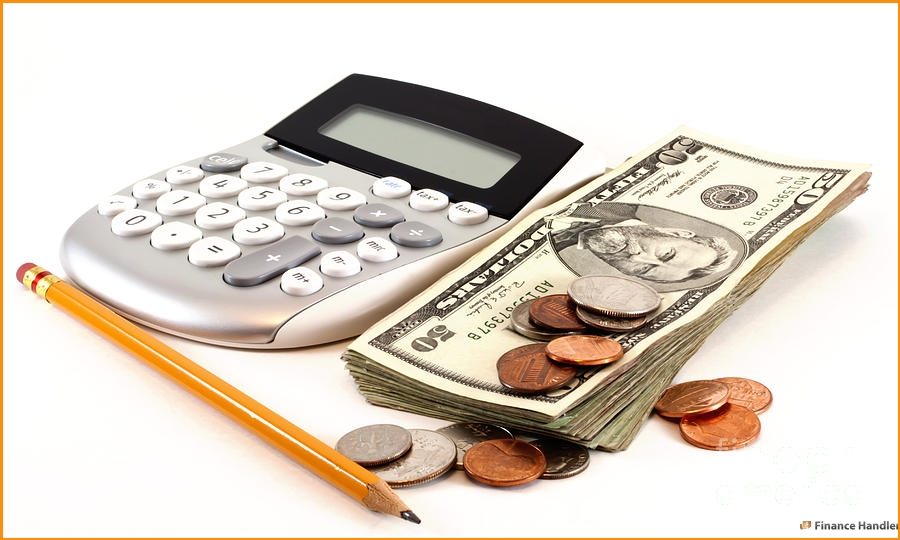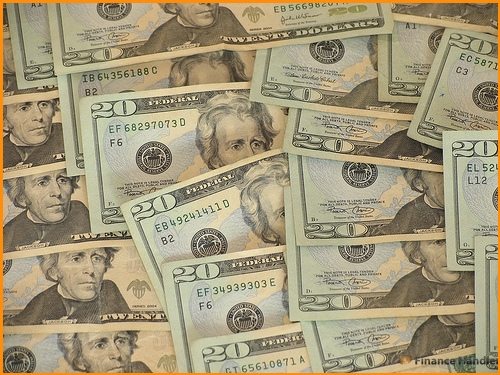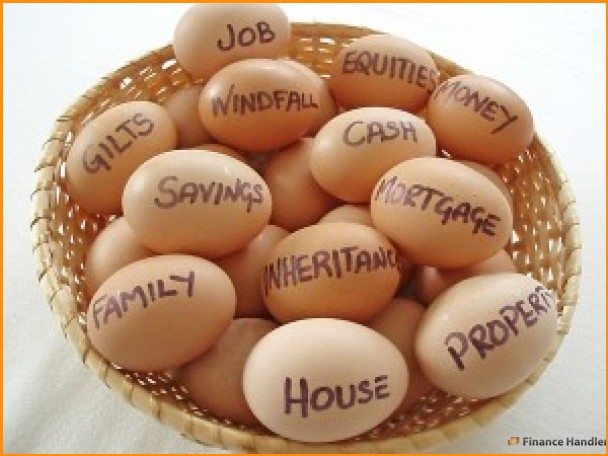We already established the basics to create a personal budget. Of course, everybody has a different one; one that adapts to their lifestyle and especially their incomes and expenses.
But, it does not end there. Creating the budget is just the first step towards a better control of our finances. What we do with it will have varying results depending on how strictly we follow it.
Fortunately, there are a few ways to know if we are doing a good job keeping our finances in check. This is what we are going to talk about in this post.
Strictly follow your personal budget
This can seem like an obvious thing to do, but it’s worth noting. A LOT of people don’t respect their personal budgets, they think that because they have leftover money at the end, they can use it for whatever they want.
This is of course the opposite of what the personal budget is supposed to be used for. The more disciplined we are with it, the better results we will have. If you still lack discipline to do this, at least try to keep the % at the end of the month to be the minimum 10, then you can work your way from there until you are able to save up to 30% or more if possible.
If you don’t trust yourself to follow your budget strictly, there is always one option: automatic deposits. Although not recommended, because the whole point of the budget is to follow it, automatic deposits can be a solution if you spend the money as soon as you receive it. You can automatically send a set amount of money to your savings account every time you get paid.
Make good use of the money at the end of the month
First of all, a personal budget does not only help you to analyze your current situation, but it can also help you to find out what to do with the money at the end of the month. The MINIMUM, as we said before, is 10% of the total income, but a 20% is great and 30% is just amazing.
The most usual thing to do with that money is to put it into a savings account for easy access if you ever need it, the so-called emergency fund, money that you have to cover anything out of the budget.
When you are first starting to take control of your money issues, it is quite common that you will have some debt. So, with the leftover money that you get from reducing expenses, it is a really good option to start paying off that debt.
Also, if you feel like the money at the end of the month is quite a bit, and you think that you could use some more money into an item in your personal budget; you can reassign money to cover this.
Another option, and by far the most recommended, is to consider your investment options and put that money to work for you.
There are several options about investments that we will talk about in other posts. For now, you should start focusing with reducing expenses.


